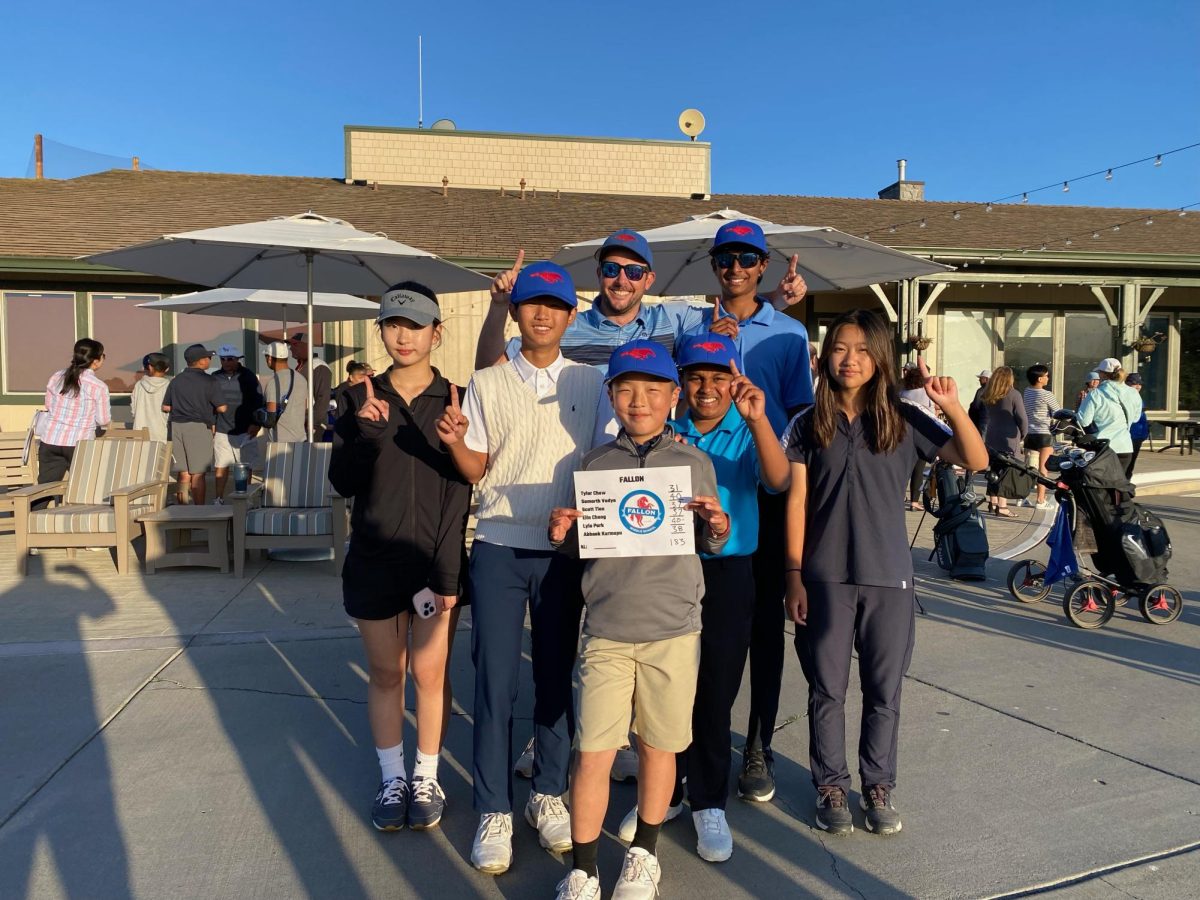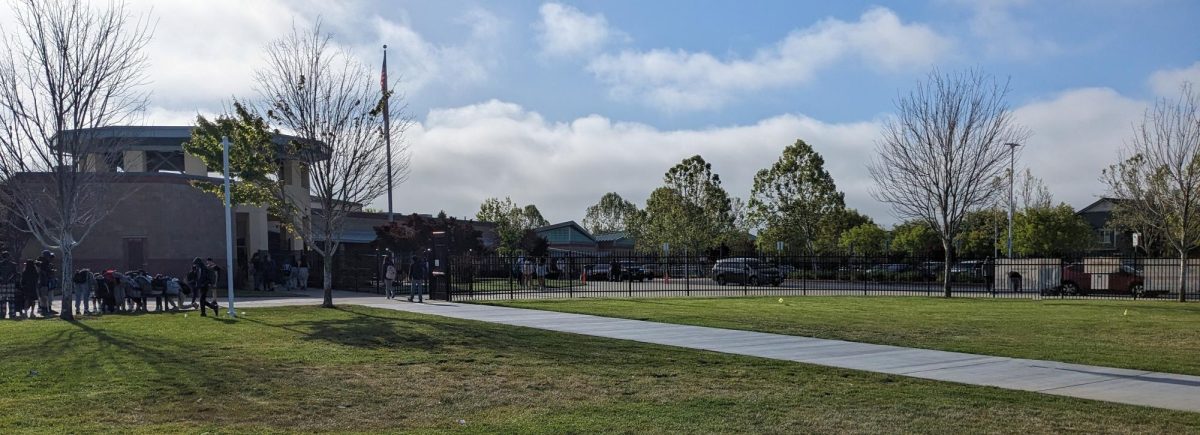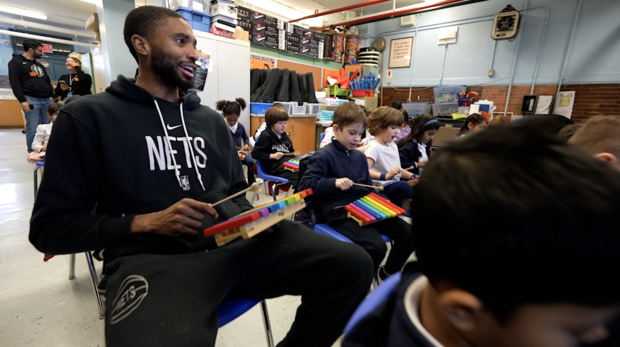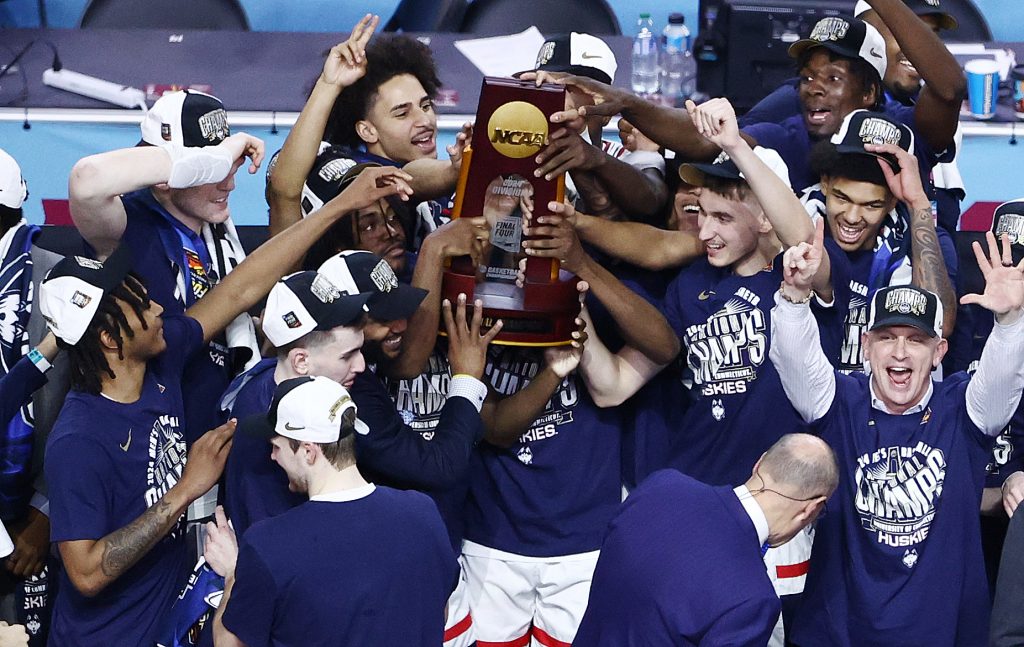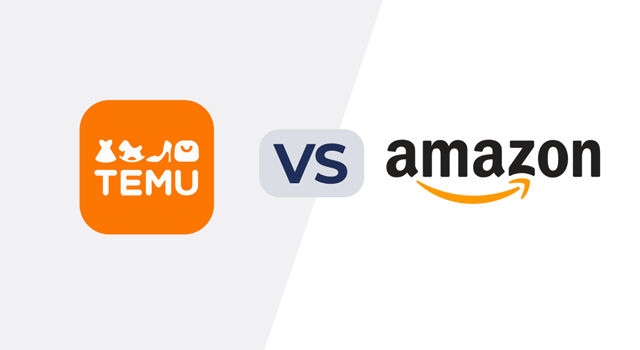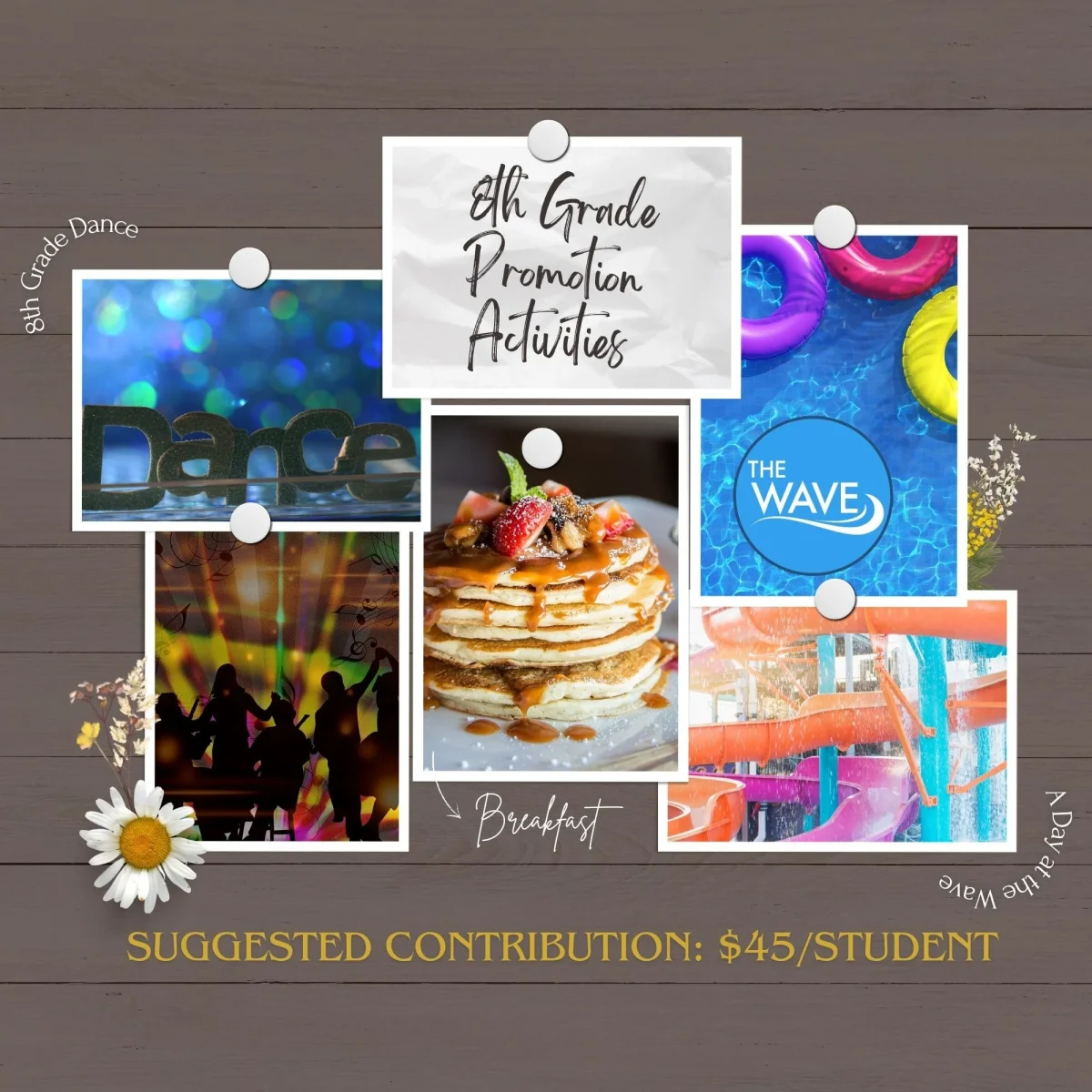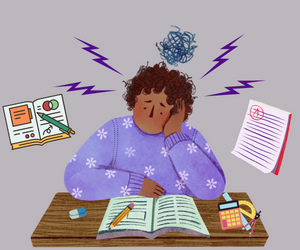Have you ever heard your friends discussing answers to the next-period class after a test? What about peeking at a neighbor’s screen to ensure you have the same thing? Mouthing answers during a test? Sharing homework answers? That’s all cheating.
Many people at Fallon are unaware of our major problem – cheating. Whatever the reason, whether it’s parental pressure, the lack of knowledge on a topic, or pure laziness, cheating is unethical and irresponsible, and is taking over our school.
While interviewing Ms. Healy, she gave her view on why students feel the need to cheat. She said, “I think some students have high levels of pressure… They cheat because either they’re worried about getting a bad grade and getting in trouble for that, or they’re overwhelmed with the amount of work that they have. I think that some students cheat because they don’t have confidence in themselves and their own abilities, and cheat because it’s easier than trying to learn by yourself.”
Most people in our school cheat because of the pressure they face at home, but they need to know that academic dishonesty is not a way to overcome that. Habits are created in middle school, and many students are becoming dependent on this these methods.. Unfortunately, they are not aware that the consequences of cheating in high school, college, and later in their career have life-changing effects.
According to researchers at Stanford University, 60 to 70 percent of students have cheated in some way. A research paper from Brandeis University stated that these rates increased during the pandemic.
Recently, though, cheating has advanced in schools worldwide due to generative AI being easily accessible. AI tools such as ChatGPT, DeepAI, and Claude.ai have been constantly used on school assignments.
Although one may face extreme parental pressure, there are alternatives to cheating. As simple as it may sound, looking through your notes throughout a unit can help retain information. Also, using AP time to do homework could help decrease stress at home and make more time for yourself and other activities. Lastly, creating your study guides and notecards is an excellent way to avoid the need for cheating.
In conclusion, cheating has become a common issue at Fallon. Whether fueled by parental pressure or academic stress, being dishonest takes away the values of honesty and hard work. While AI tools continue to emerge and worsen the problem, there are many alternatives to cheating. By using effective study habits and managing time wisely, students can navigate academic pressures without turning to dishonesty. We must address cheating directly and have integrity and responsibility that motivates students to succeed authentically.
Sources:
https://ed.stanford.edu/news/what-do-ai-chatbots-really-mean-students-and-cheating
